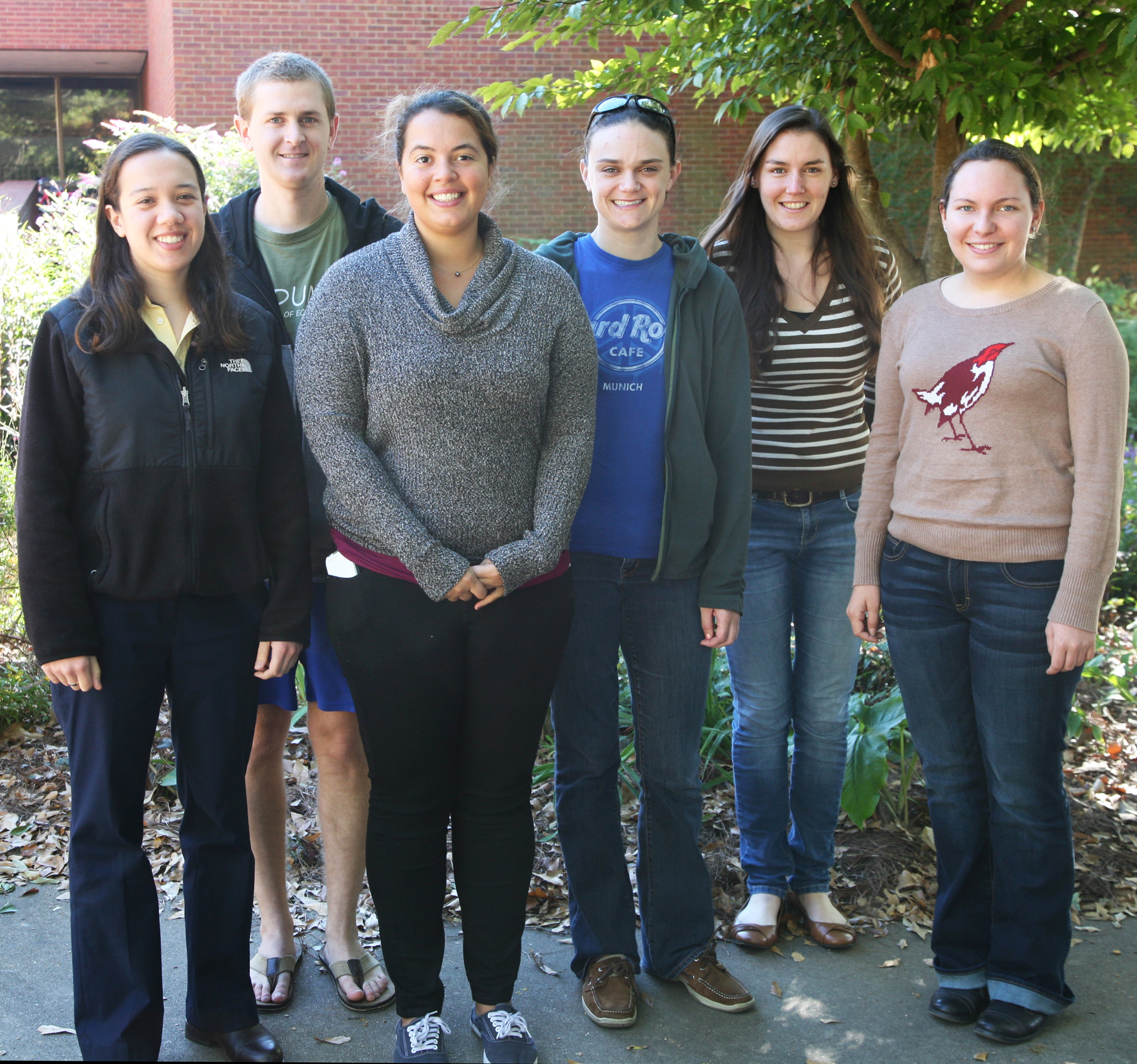Athens, Ga. – Concerned about retaining and advancing women in science and technology careers, a group of University of Georgia students formed an organization to promote equality.
Women in Science, or WiSci, will hold information sessions at the Odum School of Ecology on Nov. 17 at 12:30 p.m. in Room 117 and Nov. 18 at 5:30 p.m. in Room 12. All interested UGA undergraduates, graduate students, faculty, postdoctoral researchers and staff—women and men—are welcome.
One of the group’s first activities will be to organize a mentoring program that matches female undergraduates with graduate students.
The group’s president Cecilia Sanchez, a first-year doctoral student in the Odum School, was part of such a program as an undergraduate at Yale University.
“It was hugely helpful having someone who had that experience offering advice on things like applying to graduate school and writing my application for a National Science Foundation fellowship,” she said.
Finding no such organization active at UGA, she and her fellow graduate students decided to start one.
Sanchez said the group will host informal monthly discussions on relevant topics and hold career development and networking events several times per year.
The issue of keeping and advancing women in science is of particular interest in the Odum School. Last year the Parasite Ladies—a team of doctoral students who study parasite ecology—took second place in the NSF Innovation in Graduate Education Challenge with a proposal for improving retention for women in STEM careers.
“I’m excited to see the launch of this organization and help support the group’s activities,” said WiSci faculty adviser Sonia Altizer, associate dean and UGA Athletic Association Professor in the Odum School. “Across the sciences, women have earned a growing fraction of (doctorates) during the past several decades, but this has not translated into similar-sized increases in the proportion of women in more senior-level positions.
“The underlying causes of this ‘leaky pipeline’ are diverse and complicated. Creating opportunities for mentorship, workshops and open conversations, especially with students early on in their training, is a crucial step toward retaining women and promoting diversity at the highest levels of scholarship.”
For more information, see http://wisciuga.weebly.com/.


